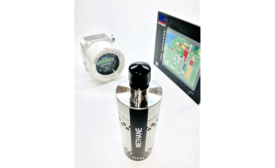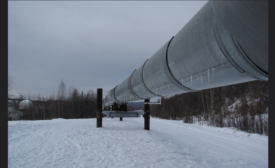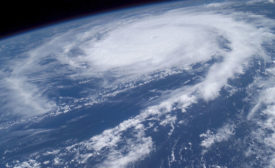Sustainability in Health and Safety
Digital Edition Exclusive
For Your Health & Wellness: Do cell phones pose a health hazard?
October 2, 2019
Digital Edition Exclusive
Brutal ragweed season ahead? Blame extreme weather
October 2, 2019
Never miss the latest news and trends driving the safety industry
eNewsletter | Website | eMagazine
JOIN TODAYCopyright ©2024. All Rights Reserved BNP Media.
Design, CMS, Hosting & Web Development :: ePublishing









